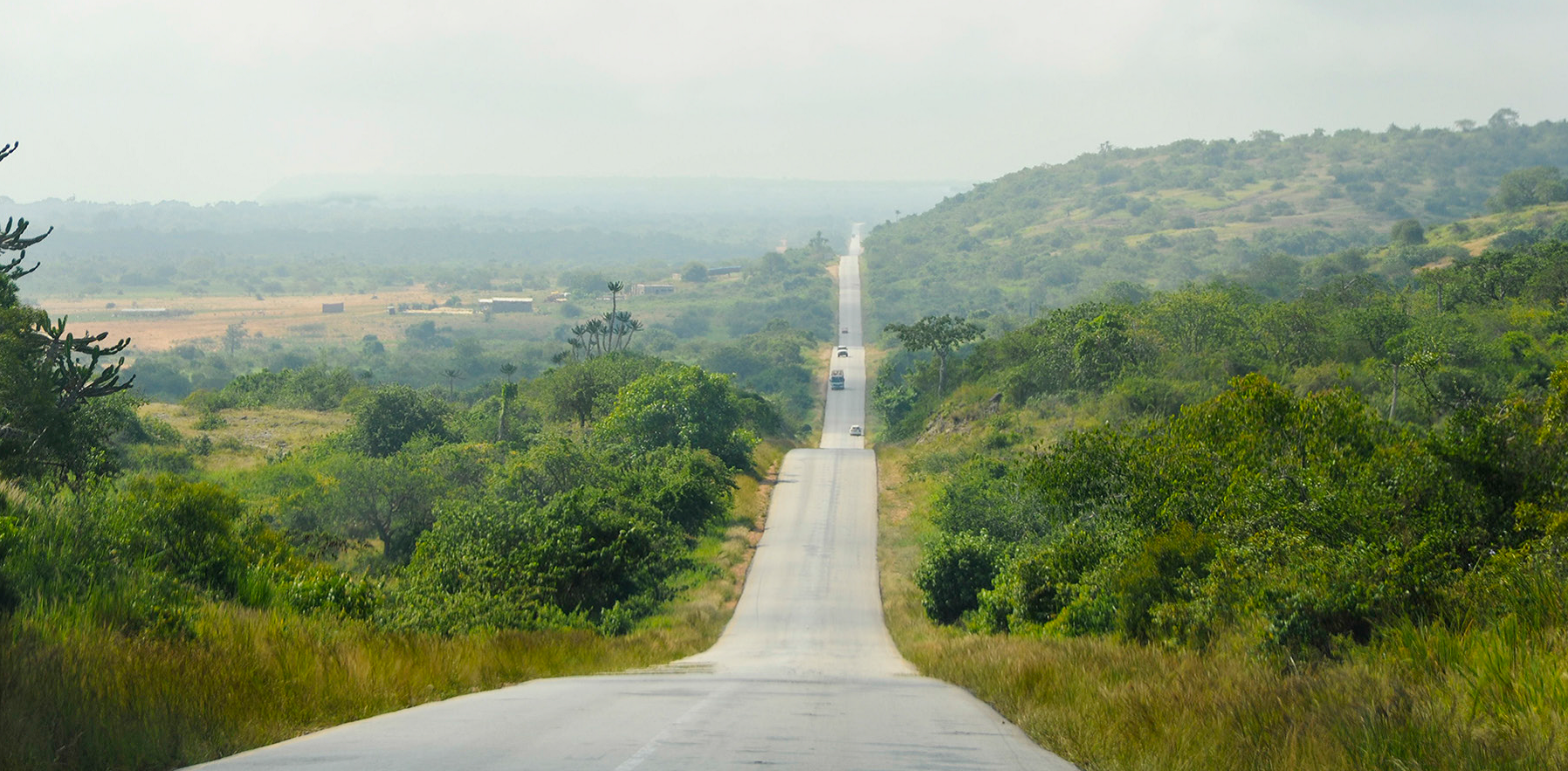Climate Resilience in Africa

The nations of Sub-Saharan Africa contribute minimally to greenhouse gas emissions, but incur a disproportionate share of climate change impacts. In a multi-year effort for the World Bank, IEc designed and implemented a major research effort titled Addressing the Climate Vulnerability of Africa’s Infrastructure: A Strategic Regional Approach. The analysis builds upon the Africa Infrastructure Country Diagnostic (AICD), a baseline assessment of Africa’s physical infrastructure. IEc advanced the research through a more detailed assessment of climate risks and systematic examination of how investment can be structured to ensure that new infrastructure is resilient to climate change.
IEc used advanced analytics tailored to each of the infrastructure categories examined, including the transport sector (roads and bridges); power infrastructure; and water infrastructure. For instance, the transport study applies accepted climate change scenarios to data on existing and planned transportation resources, using a quantitative, engineering-based tool that characterizes climate change impacts on roads, bridges, and other infrastructure. The analysis contrasts costs realized under reactive versus proactive adaptation scenarios, illustrating the long-term financial advantages of constructing more resilient roads.
The research culminated in a book series titled Enhancing the Climate Resilience of Africa’s Infrastructure, for which IEc consultants served as lead editors. The World Bank has used IEc’s research to advocate for financing mechanisms that would fund adaptive infrastructure projects in developing countries.
Full Report Client World Bank